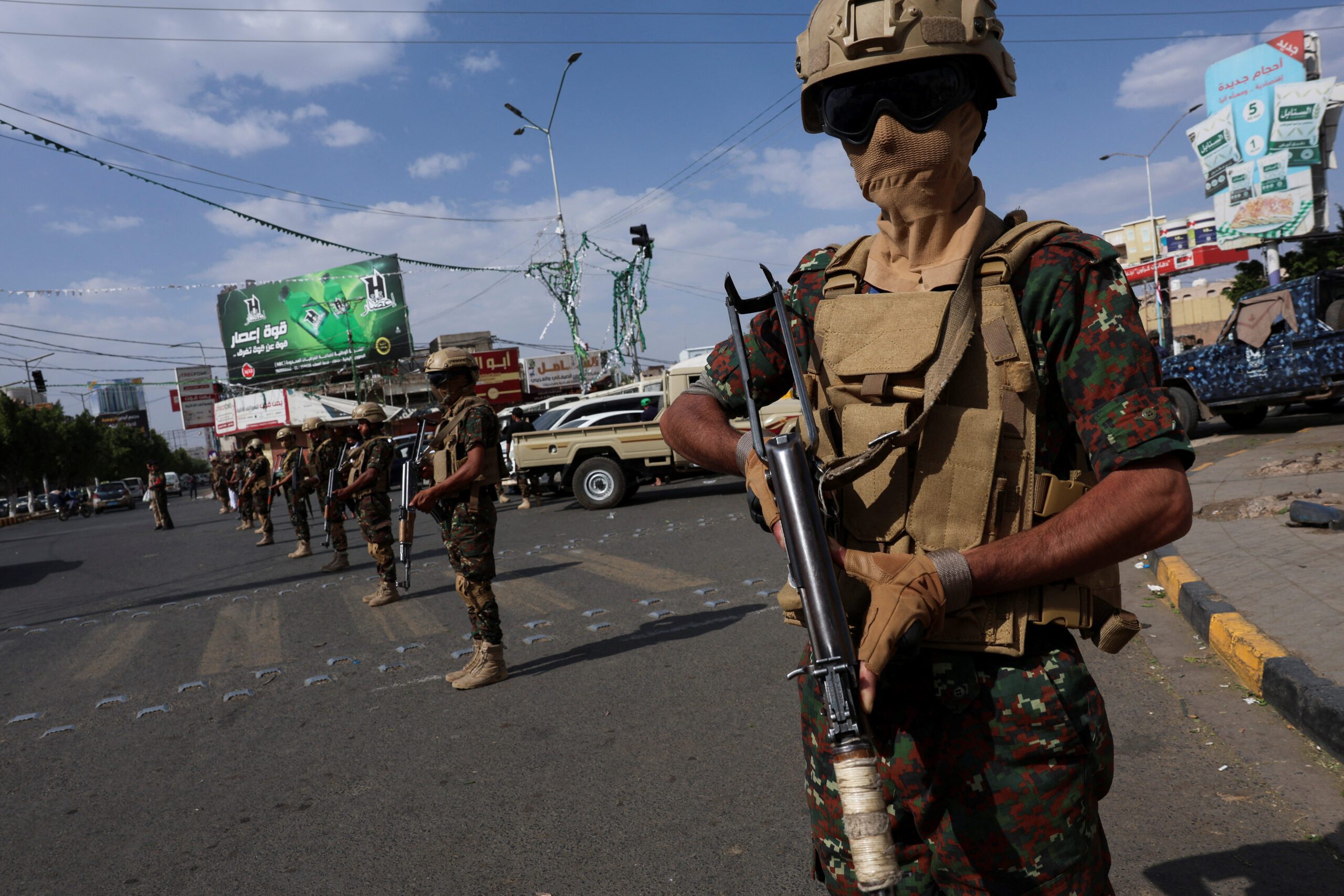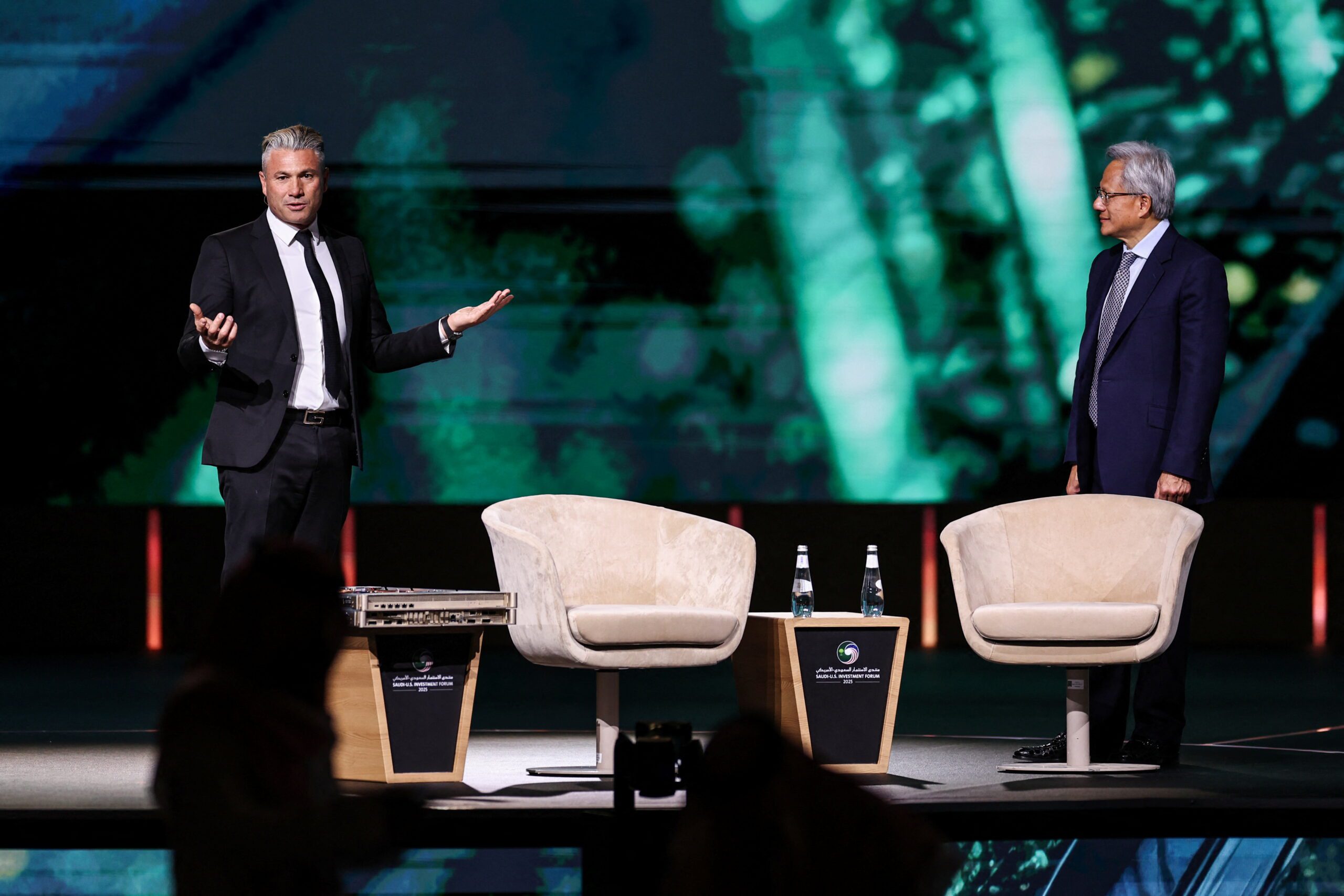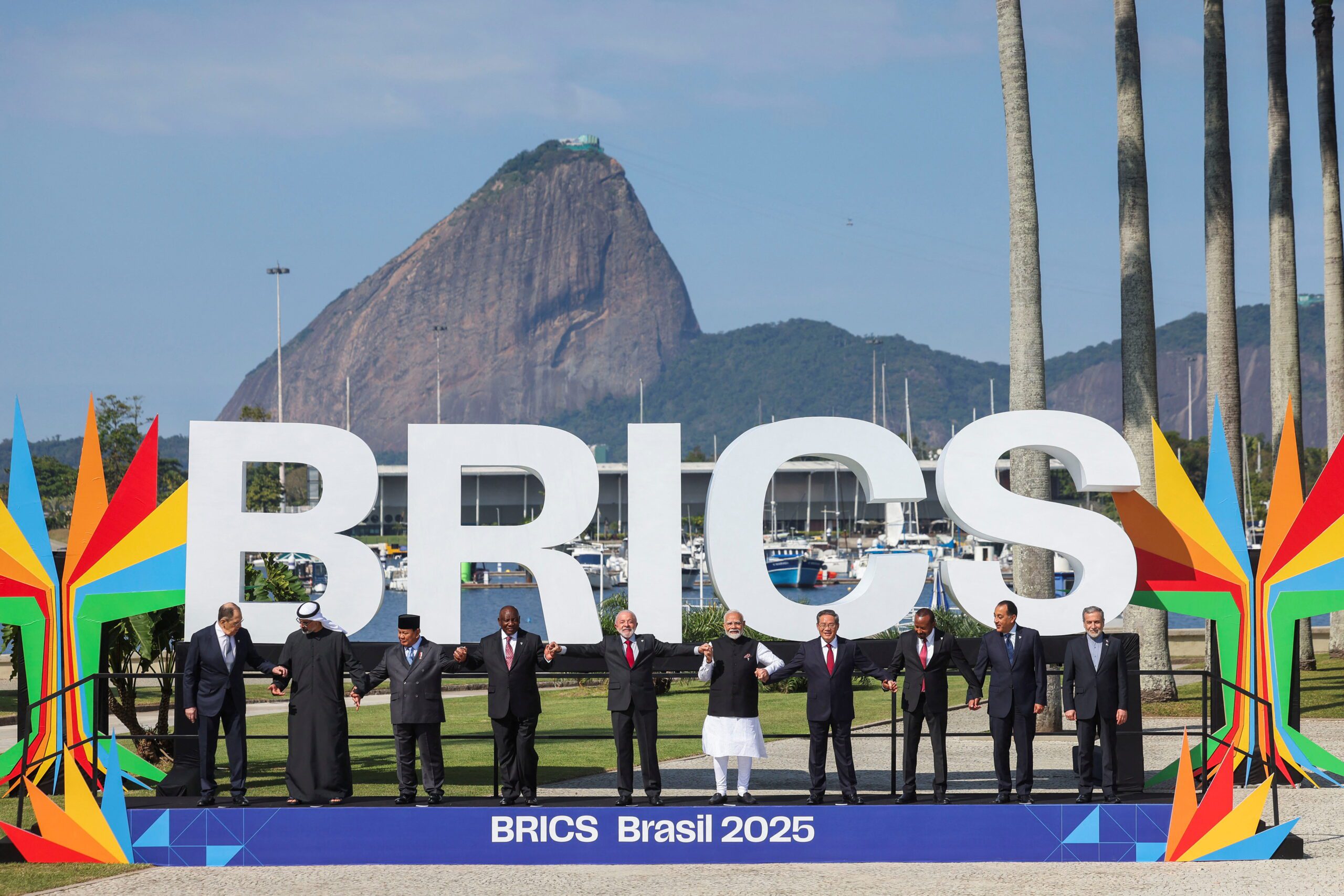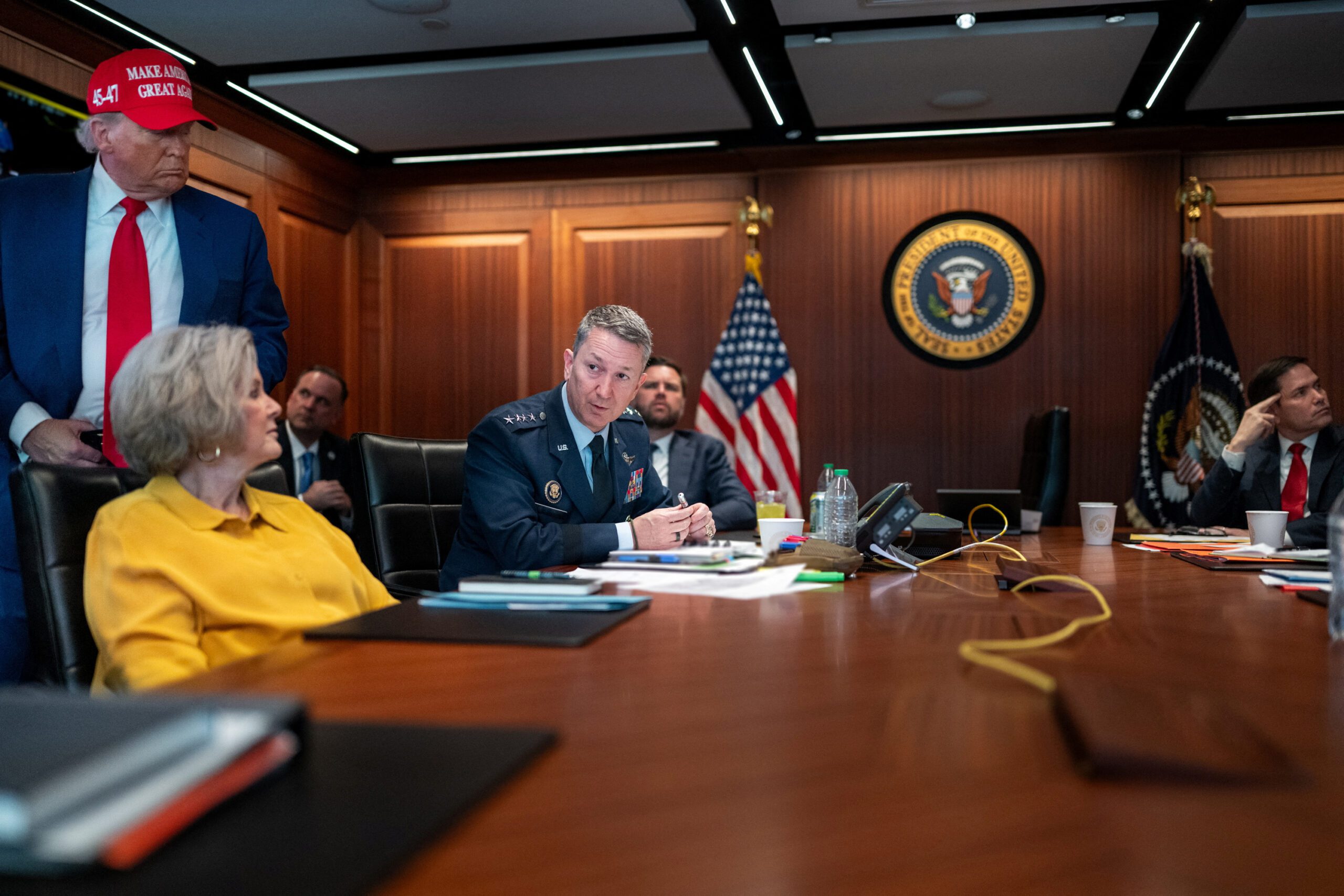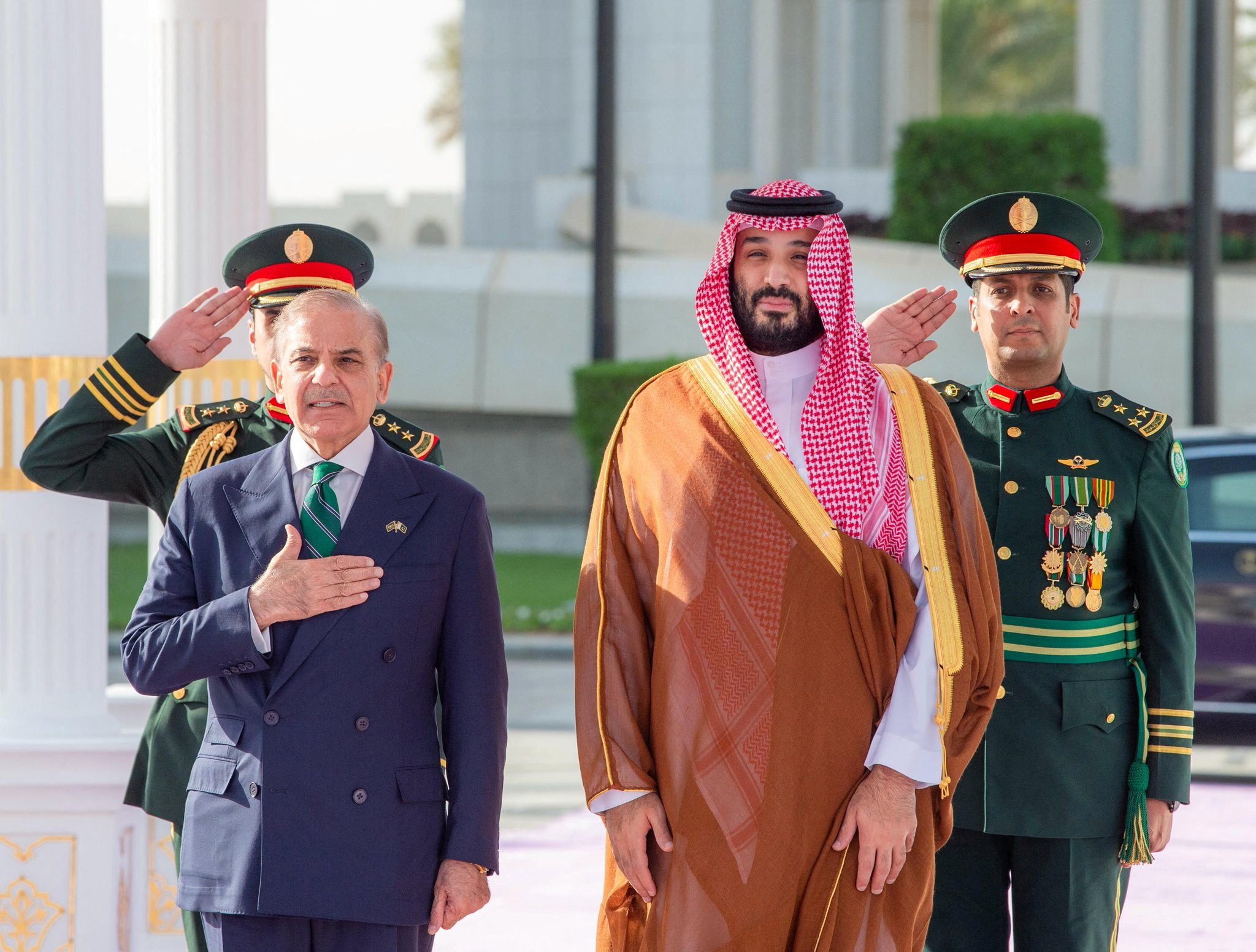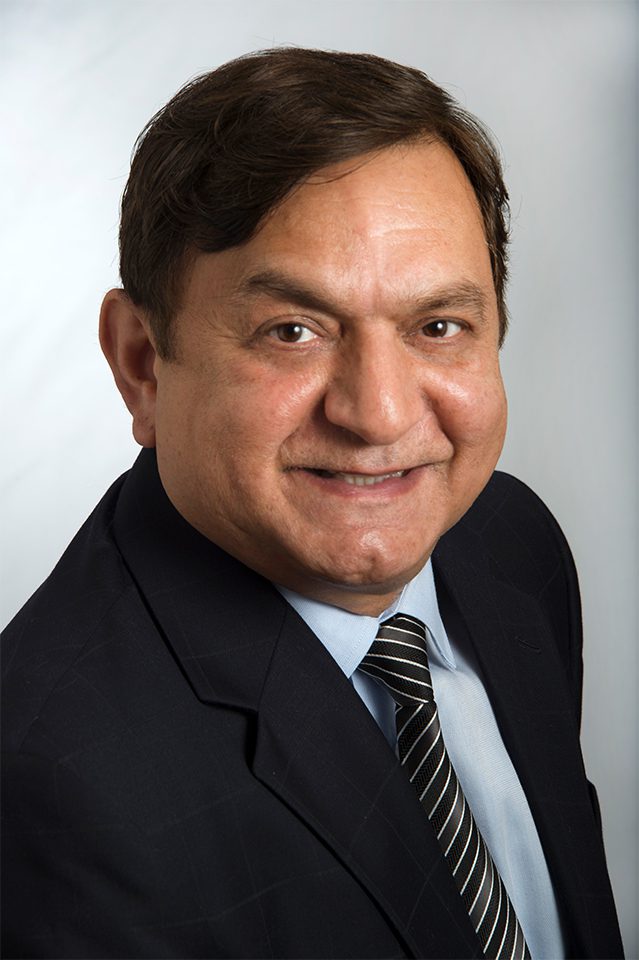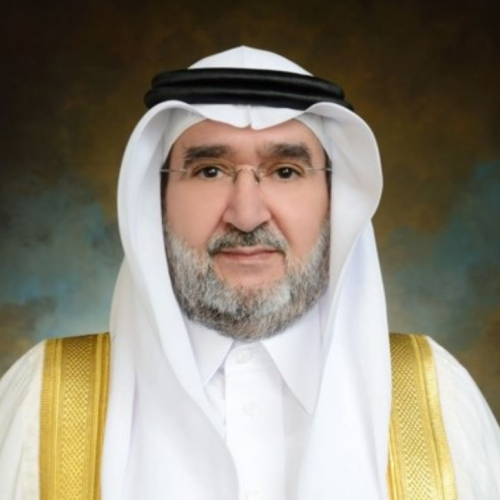Dec 17, 2015
What to Expect from Riyadh’s New Islamic Counterterrorism Alliance
The announcement on Tuesday that Saudi Arabia has taken the initiative to form a 34-member “Islamic military alliance” is, in theory at least, one of the most dramatic international counterterrorism moves in many years. The coming together of so many Muslim countries to combat terrorism — not only through military action, but also through “stopping...
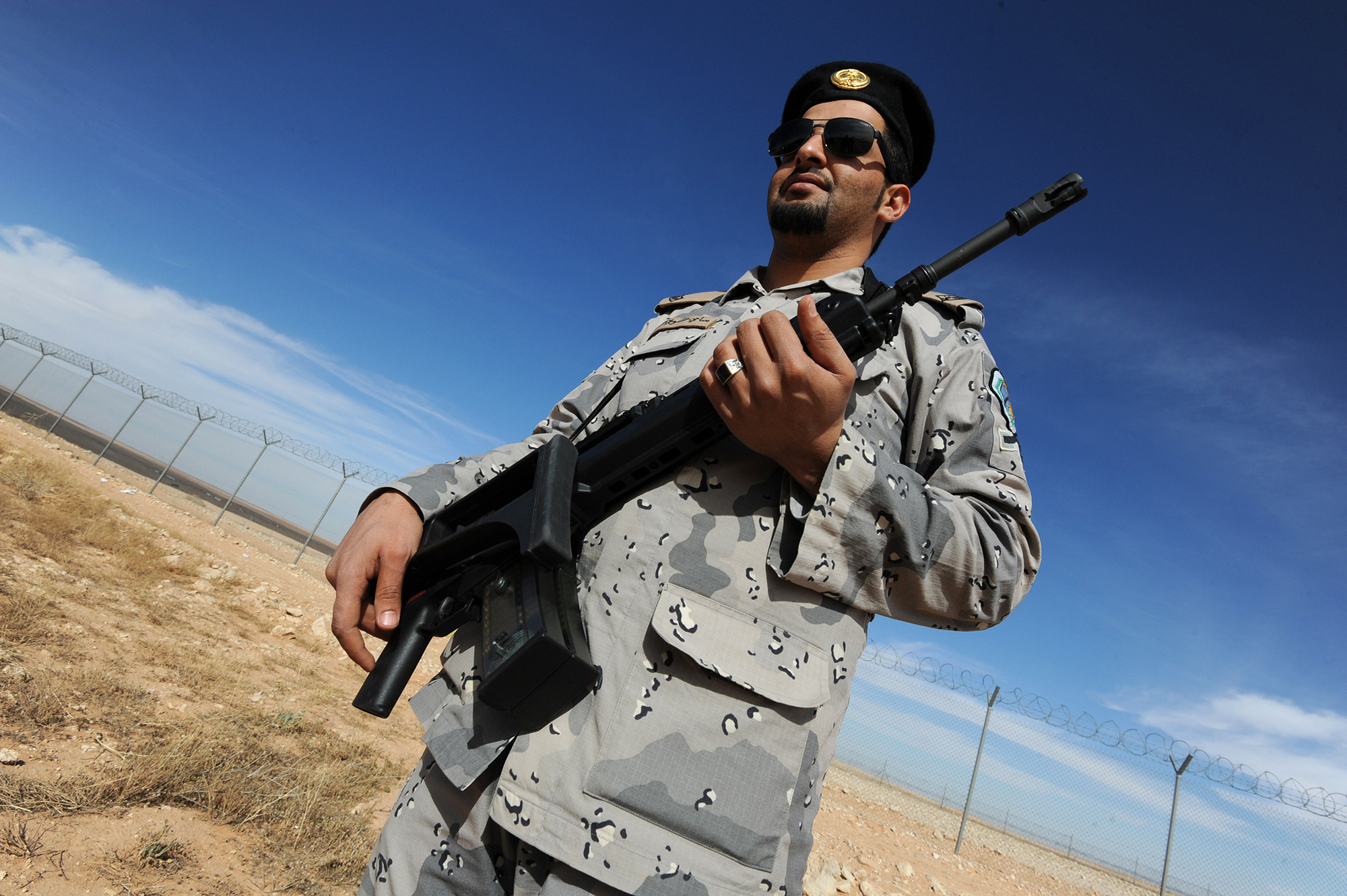
The announcement on Tuesday that Saudi Arabia has taken the initiative to form a 34-member “Islamic military alliance” is, in theory at least, one of the most dramatic international counterterrorism moves in many years. The coming together of so many Muslim countries to combat terrorism — not only through military action, but also through “stopping the flow of funds” to violent radicals and “confronting the ideology of extremism” — ought to be enormously important.
Only time will tell whether this initiative has a real impact on stemming the rise of terrorist groups or proves, for one reason or another, to be essentially ineffective, or even counterproductive. It is, of course, high time that Muslim states band together to confront the radicals that threaten them all. But there are numerous pitfalls that could bedevil the formation and operation of such an alliance.
It seems clear from statements by Saudi officials such as Deputy Crown Prince and Defense Minister Mohammed bin Salman, who appears to have been the key figure in its formation, that the new alliance will operate essentially as was anticipated for a much-ballyhooed, but as yet unrealized, Arab League joint military command. The participating states in both alliances would have the prerogative of requesting various forms of assistance from the alliance in the case of a crisis.
In other words, the alliance wouldn’t act unless it was specifically asked to do so by the state in whose territory the terrorist activity is taking place. Many countries may be reluctant to ask for help. This core organizing structure ensures that if a government, for its own domestic political reasons or some other concerns, insists on pretending that there isn’t a problem or that it is contained, or that they do not need external aid. The alliance then would not intervene no matter how worrisome the situation becomes, unless the U.N. or the Arab Leagues mandates it.
Saudi Foreign Minister Adel al-Jubeir said that such assistance will be provided on a “case-by-case basis,” with each government making its own decisions regarding asking for, or providing, this kind of support, which could include “military training or equipment or… technical assistance in terms of messaging… to counter the ideology of violent extremism.” The available help includes, by implication, everything up to and including direct foreign military intervention.
Therefore, the activities of the new alliance, as they are presently conceptualized, are so broad, vague, and contingent on so many variables, that they might be difficult to implement in a meaningful way. It won’t be easy to translate this broad, aspirational language into kinetic action on the ground. Yet rapid and decisive action by this alliance will ultimately be the sine qua non of its worth as a counterterrorism initiative.
There are significant grounds to wonder whether or not this alliance can become a significant military and political force. Arab states have unsuccessfully pursued military alliances among themselves for many decades, and, as noted above, recent efforts to create a joint Arab League, or even just a joint Gulf Cooperation Council (GCC) command, have yet to move beyond the planning phases. This new grouping is even larger, and, on that basis, as well as because of its broad, expansive mission, arguably more difficult to implement. Can this new plan work when simpler efforts along similar lines have failed so consistently in the past?
The costs of launching an initiative that proves practically ineffective could be steep. It could damage these countries’ credibility (particularly Saudi Arabia’s), strengthen the confidence of extremists, dismay moderates, and convince others in the international community, especially in the West, that this is “yet another” instance of Arab and Muslim states vowing to take action against terrorism but proving unable to do so in a truly effective way. The whole thing could be dismissed as an exercise in public diplomacy, or even “spin,” following the Paris and San Bernardino massacres.
Issues are also raised by what countries have been left, or opted, out of the new alliance. For instance, one noteworthy absence is Algeria, one of the Arab states that has been most experienced and successful in combating Islamist terrorism, mainly through its large and very well-equipped military. Algeria has a long-established go-it-alone attitude, and therefore might have been expected to at least take a wait-and-see approach to this new alliance. But its absence leaves an obvious gap in the group, to be sure.
There are also questions raised by the fact that the new alliance is almost entirely a Sunni affair. Missing from the group are Iran, Iraq, and Syria. Lebanon was initially listed among the participants but apparently Beirut will not be involved, presumably due to the heavy influence Hezbollah has in its national government. Bahrain, a Gulf Arab state with a Shia majority but Sunni ruling family, is a member, reflecting its government’s close ties to Riyadh. But it is very much the exception that proves the rule. Oman apparently declined to join the group, preferring, as is its general practice, to avoid broad alliances, especially on counterterrorism, and to maintain an independent foreign policy within the general context of the GCC.
There is an obvious argument in defense of the “Sunni character” of the new alliance: its primary targets must and will be radical Sunni Islamist terrorist groups. Therefore, the inclusion of Iran and any of its allies, or other clear-cut Shia powers, could render the organization ineffective and even counterproductive in gaining the support of the constituencies it is trying to address.
However, this “Sunni identity” of the new alliance means that it could end up reinforcing some of the most problematic fault-lines in the region, both within and between states. Shia powers and societies could feel excluded and even targeted. However, that the terrorist groups that will be the primary targets of this new alliance are radical Sunnis and are a mortal threat to Shias, should be a source of reassurance to Shia powers.
None of these pitfalls are necessarily fatal by any means. If the alliance can become a major force in combating terrorism, extremist financing, and radical rhetoric, it will be a very welcome addition and bring considerable international credit to the governments and societies that have taken the lead in putting it together. Even if this develops slowly, it could eventually prove a major benefit to fighting extremism, if not, indeed, a game changer.
The views represented herein are the author's or speaker's own and do not necessarily reflect the views of AGSI, its staff, or its board of directors.


